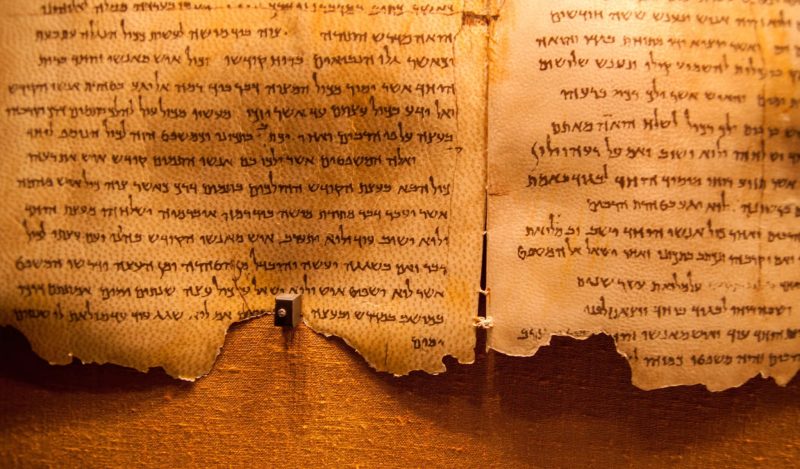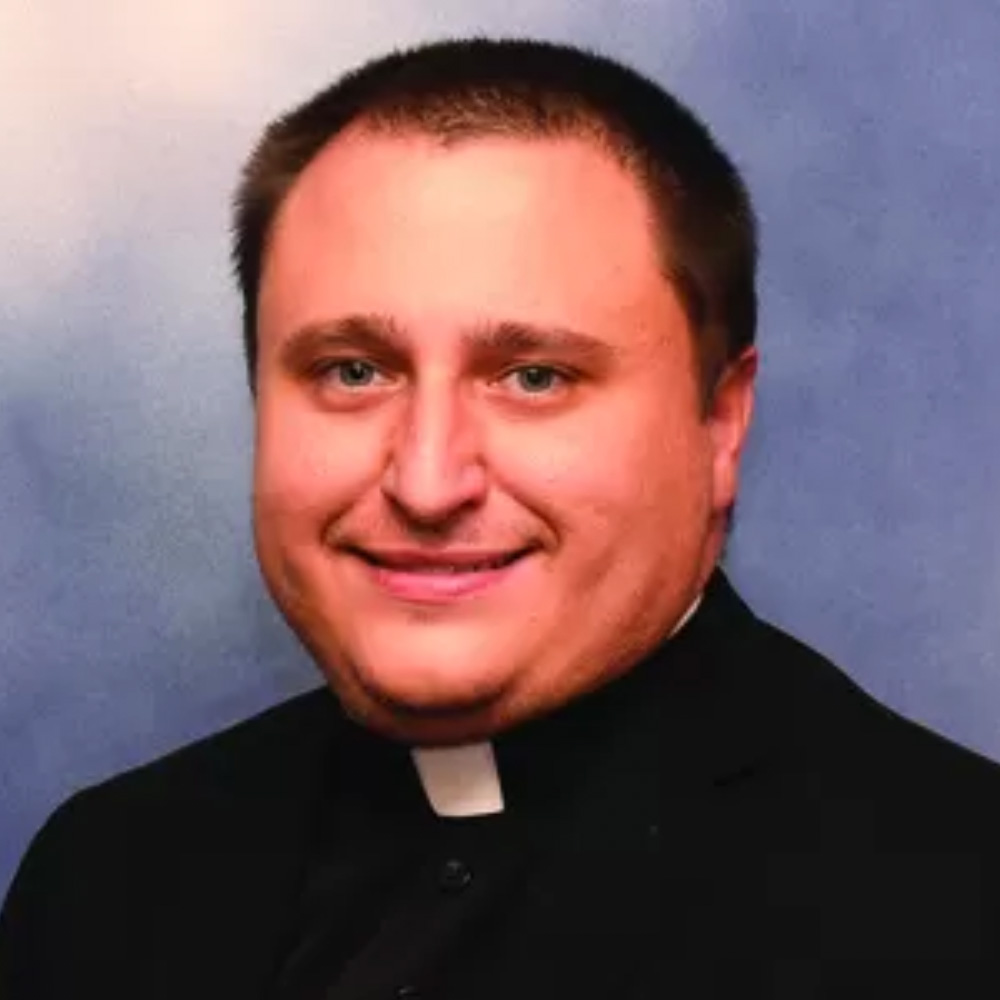Sometimes you find evidence that a prior generation had thought through and solved a moral problem in the oddest of places.
Several years ago, while pondering the fact that life went on perfectly normally during the 1968-69 flu pandemic (even to the point where Woodstock occurred!), Jeffrey Tucker asked the question:
What happened between then and now? Was there some kind of lost knowledge, as happened with scurvy, when we once had sophistication and then the knowledge was lost and had to be re-found? For Covid-19, we reverted to medieval-style understandings and policies, even in the 21st century, and at the urging of the media and myopic advice from governments. It’s all very strange. And it cries out for answers.
I stumbled across evidence of a partial answer to Jeffrey’s question while watching for the first time the third episode of Star Trek: The Animated Series entitled “One of Our Planets is Missing.” This episode, which aired just a few years later in 1973, is about a sentient cloud that consumes entire planets and is threatening the planet of Mantilles and its 82 million people. When the danger is perceived, the crew debates whether or not to even inform the planet of the danger which they are in:
KIRK: Bones, I need an expert psychological opinion. Do we dare tell the people on Mantilles, try to save a few who could get away?
MCCOY: How much time do they have?
AREX: Four hours, ten minutes, sir.
MCCOY: It’s certain there’d be planetwide panic.
KIRK: Blind panic.
SPOCK: On the other hand, notifying them may still save some small fraction of the population, Captain.
MCCOY: Who’s the governor of Mantilles, Jim?
KIRK: Bob Wesley. He left Starfleet for the governorship. He’s no hysteric.
MCCOY: Then tell him.
Because the governor is considered to immune to hysteria, contact is made with him:
WESLEY [on monitor]: Three and a half hours, Jim. That’s not enough. Even if I had the ships available to totally evacuate the planet.
KIRK: You have time to save some people, Bob.
WESLEY [on monitor]: That won’t be long enough either, but it’ll have to do.
KIRK: How are you going to choose?
WESLEY [on monitor]: There is no choice, Jim. We’ll save the children.
When asked later about the status of the evacuation, Wesley responds: “As best it can. There was some hysteria at the beginning, but most agreed to let the children be taken off first. But it’s only five thousand children out of eighty two million people.”
Moral Norms Widely Known and Then Forgotten
I’d like to suggest that the script of this episode is evidence that both the writers and audience considered the following moral facts to be self-evident:
- Panic is such a grave evil that it may be better for people not to know about looming dangers that cannot be avoided.
- Ideal leadership is completely immune from hysteria, even in the face of near certain death.
- The well-being of children is of paramount importance and an adult should never prefer their own well-being even to the point of death.
These were, on a cultural and civilizational level considered to be solved moral problems, analogous to how we simply memorize our multiplication tables or that water is H2O. These moral facts existed in the background as things we were simply supposed to take for granted.
This was still true in 1973. The fact that it was true five years earlier in 1968 is why the world barely reacted to the Hong Kong flu. It was even still true to some extent in 2009 as evidenced by the fact that life stayed completely normal during the spread of H1N1.
We then are forced to confront a very uncomfortable reality that we, as a civilization, have forgotten things that we used to definitively know to be true. Twenty-twenty is proof of said forgetfulness.
Instead of caution while reporting the events of early 2020 so as to avoid panic, our government and media conspired to utter lies with the intent of guaranteeing panic.
Ideal leadership was now defined as being extremely hysterical, insisting that something be done even if there’s no reason to think it will make a difference.
Finally, and most horrifyingly, children were treated as filthy disease spreaders whose lives could be permanently ruined with impunity to assuage the fears of adults.
Much like how a computer virus can remove legitimate software components and replace them with malware, we should consider the fact that something similar has happened to us on a cultural and moral level.
What seems to have happened is that the part of our collective consciousness that calmly accepted suffering and death as existential to the human experience has been replaced by a radical rebellion against suffering, to the point where even the slightest of emotional discomfort makes one either the victim at the hands of an oppressor or a patient in need of powerful pharmaceuticals.
Ramesh Thakur observed this parallel between “woke” ideology and our response to Covid in his keynote address at the 2023 Brownstone Institute Conference and Gala, where he suggested that a cult of safety had been created:
Western kids are the equivalent of Prince Siddhartha before he became the Buddha, shielded from any exposure to life’s miseries and sorrows, the most insulated of any generation from any calamity, obsessing over modelled/forecast threats, microaggressions, need for trigger warnings and counselling if someone utters the n-word, petrified by imaginary threats well beyond the time horizon of their own life cycles, living in Mysophobia, dissenting speech is hate speech, offending speech is literal violence, people with different moral frameworks are super-haters, etc…
The sway of “safetyism” creates demand for safe spaces and the right not to be hurt and offended. It’s a short distance from this in the culture wars to the demands on the state to protect people from the terrifying new virus. That short distance was covered in a sprint.
The belief that we can actually be safe from all harm is ultimately a belief in magic. To return to the Star Trek motif, it’s the belief that there always has to be a USS Enterprise to solve the problem and render the threat of the week moot. In such a world of forgetfulness of suffering and death, the quiet heroism of Governor Wesley is ignored.
A Note from the Catholic Perspective
It is no secret that so many of my fellow Catholics, particularly among the clergy, did not cover themselves in glory in 2020 and 2021. That said, Phil Lawler was a prophetic voice from the beginning, and his book Contagious Faith: Why the Church Must Spread Hope, Not Fear, in a Pandemic defends the thesis that “in the Covid crisis of 2020, the fear of the disease was deadlier than the disease itself. And the fear, in turn, was caused by a lack of faith. As a society, we had drained down the reservoir of Christian belief that would have given us hope to balance our fears. When the crisis arose, sad to say, even Christians succumbed to the epidemic of fear.”
In the introduction to his book, Phil powerfully invites the reader to imagine knowing the moment of our own death:
Imagine that — contrary to fact — you could predict the time of your own death. Imagine that you knew that you would be dead in a month. Would you want to isolate yourself from your neighbors, friends, and relatives? Would you withdraw from social life entirely? Instead, wouldn’t you want to do what you could, while you could, to enjoy the company of those you love?
Or suppose you knew that you would be dead within a year, but the exact date could be sooner or later, depending on what precautions you took. Then would you withdraw, to stay alone in a sterile room and try to stretch out your term on earth as long as possible? Or would you still want to live a normal life? How many weeks of normalcy would you trade for an extra week of isolation?
Stonewall Jackson was renowned not only for his strategic brilliance but also for his personal bravery in battle. When asked how he could appear untroubled by the shells that burst around him, he answered: “God has fixed the time for my death. I do not concern myself about that, but to be always ready, no matter when it may overtake me.” That’s good advice for anyone to follow.
St. Charles Borromeo was playing a friendly game of chess when someone asked him: “If you were told that you were about to die, what would you do?” He answered: “I would finish this game of chess. I began it for the glory of God, and I would end it with the same intention.” He had his spiritual affairs in order; he saw no reason to panic.
This passage came to mind as I was leading our parish’s Stations of Cross the first Friday of Lent, as we prayed St. Alphonsus Liguori’s Fifth Station: “My most sweet Jesus, I will not refuse the Cross, as the Cyrenian did; I accept it; I embrace it. I accept in particular the death Thou hast destined for me; with all the pains that may accompany it; I unite it to Thy death, I offer it to Thee.”
The Liguori Stations of the Cross were used at nearly every parish until the upheaval of the 1960s and 1970s caused a plethora of new compositions to appear as replacements. An enforced forgetfulness of the piety of my grandmother’s generation occurred.
I don’t think it’s a coincidence that there was a high degree of correlation between clergy who considered said forgetfulness of the piety of yesteryear a good thing and those who approved of our hysterical, ineffective, and damaging responses to a respiratory illness in 2020.
Conclusion
“What happened between then and now?” To answer Jeffrey’s question, we forgot that we are going to die. We forgot that suffering is our lot in this lacrimarum valle. We forgot that how we approach the fact of our suffering and death is what gives our life meaning and what enables the hero to be heroic. Instead, we allowed ourselves to be trained to fear all emotional and physical pain, to catastrophize with implausible worst-case scenarios, and to demand solutions from the very elites and institutions who worked to ensure our forgetfulness.
In such an era, it is an act of rebellion to remember death and to accept it. Memento mori.
Published under a Creative Commons Attribution 4.0 International License
For reprints, please set the canonical link back to the original Brownstone Institute Article and Author.



